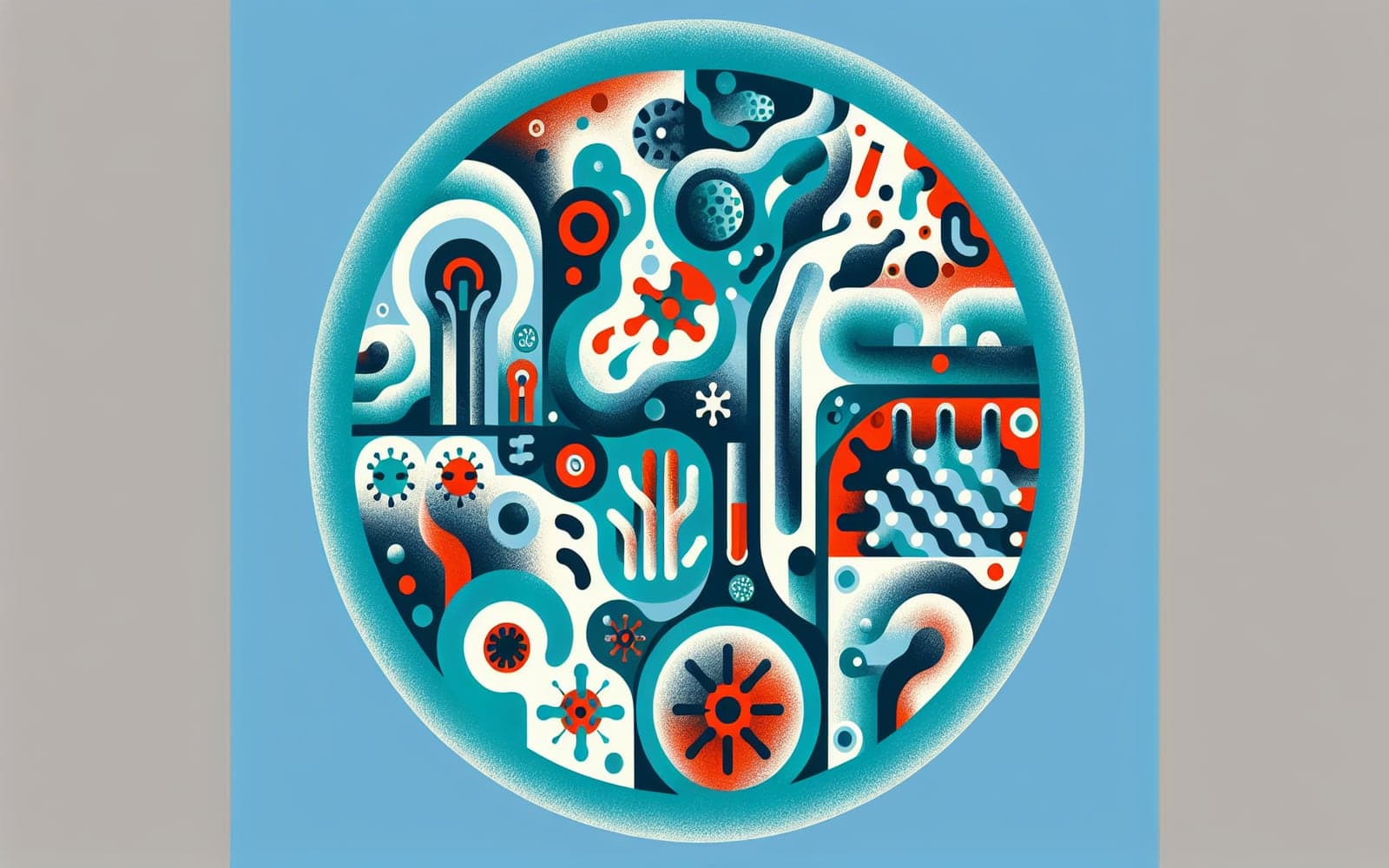What's Behind That Itch? Understanding Vulvovaginal Candidiasis
Published: Feb 20, 2024
Vulvovaginal candidiasis, commonly known as a yeast infection, affects many women and is characterized by itching and discharge. Understanding this condition can help you manage it effectively and find relief.
Contents
What Causes Vulvovaginal Candidiasis?
This condition is caused by an overgrowth of Candida, a type of fungus normally found in the vagina, which can lead to inflammation, itching, and discharge. Factors like antibiotics, high-sugar diets, and hormonal changes can disturb the natural balance and promote Candida growth. It's important to know that while Candida is a part of the normal vaginal flora, its overgrowth can lead to uncomfortable symptoms.
Uncomplicated vs. Complicated Infections
Uncomplicated infections are more common and include mild symptoms that occur sporadically. They are often easier to treat with standard antifungal medications. Complicated infections are less common and involve severe symptoms, recurrent infections, or infections in immunocompromised individuals. They may require more aggressive treatments and longer therapy durations.

Impact on Quality of Life
Dealing with recurring or severe yeast infections can significantly impact daily life, affecting comfort and confidence. Symptoms such as persistent itching and discharge can be distressing and embarrassing. Understanding and managing the condition can help alleviate these concerns and improve quality of life.
Frequently Asked Questions
It's a common yeast infection causing itching and discharge.
It's caused by an overgrowth of Candida fungus.
They involve severe symptoms or recurrent issues.
Yes, good hygiene and diet can prevent infections.
Key Takeaways
Managing vulvovaginal candidiasis involves understanding its causes and taking preventive steps.
Want to learn more? Chat with Doctronic for personalized advice on managing vulvovaginal candidiasis.Related Articles
References
Sobel JD, Faro S, Force RW, et al. Vulvovaginal candidiasis: Epidemiologic, diagnostic, and therapeutic considerations. Am J Obstet Gynecol 1998; 178:203.
Workowski KA, Bachmann LH, Chan PA, et al. Sexually Transmitted Infections Treatment Guidelines, 2021. MMWR Recomm Rep 2021; 70:1.
Always discuss health information with your healthcare provider.